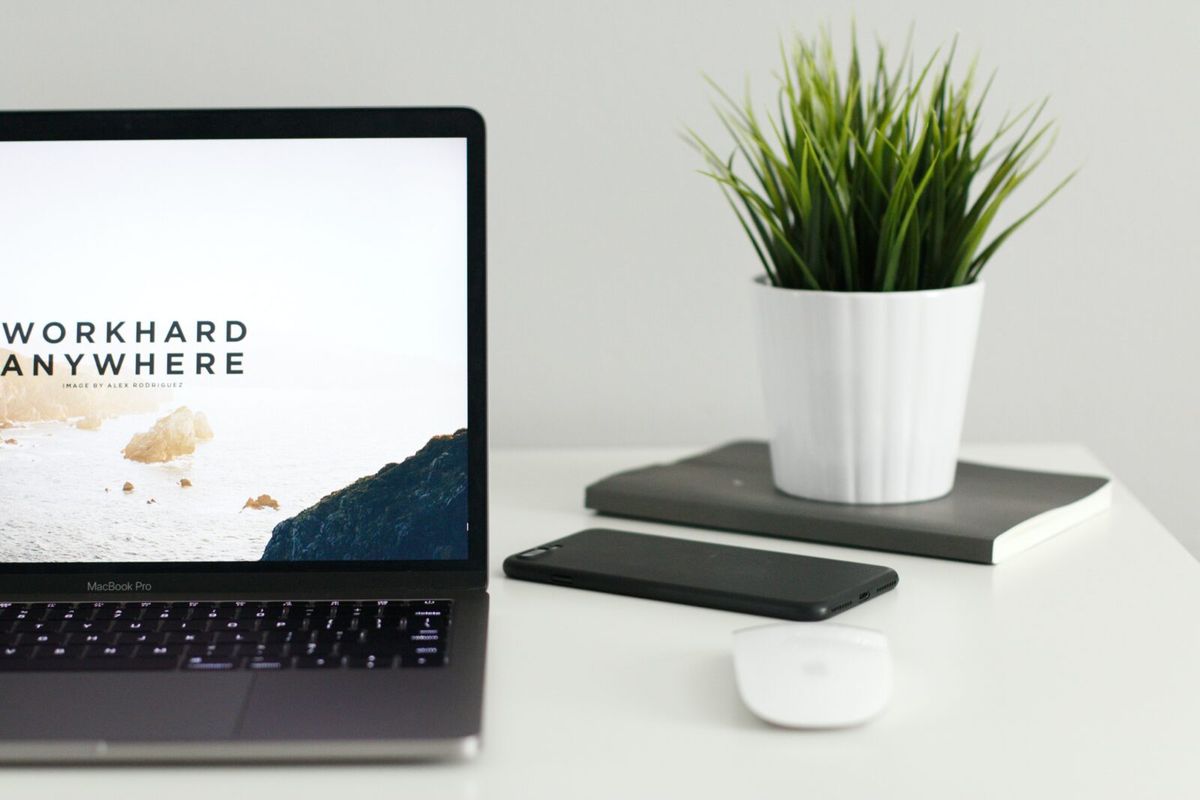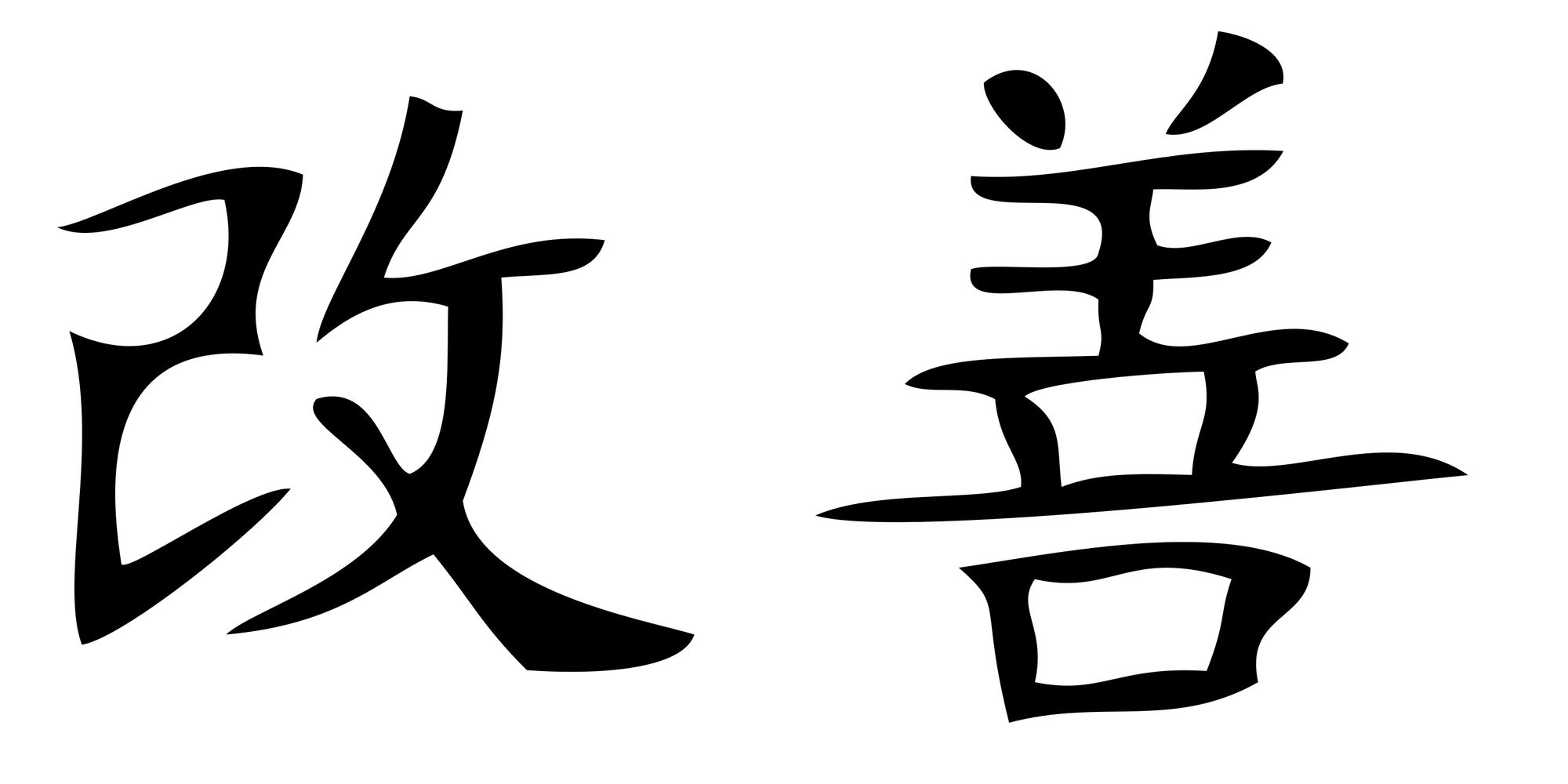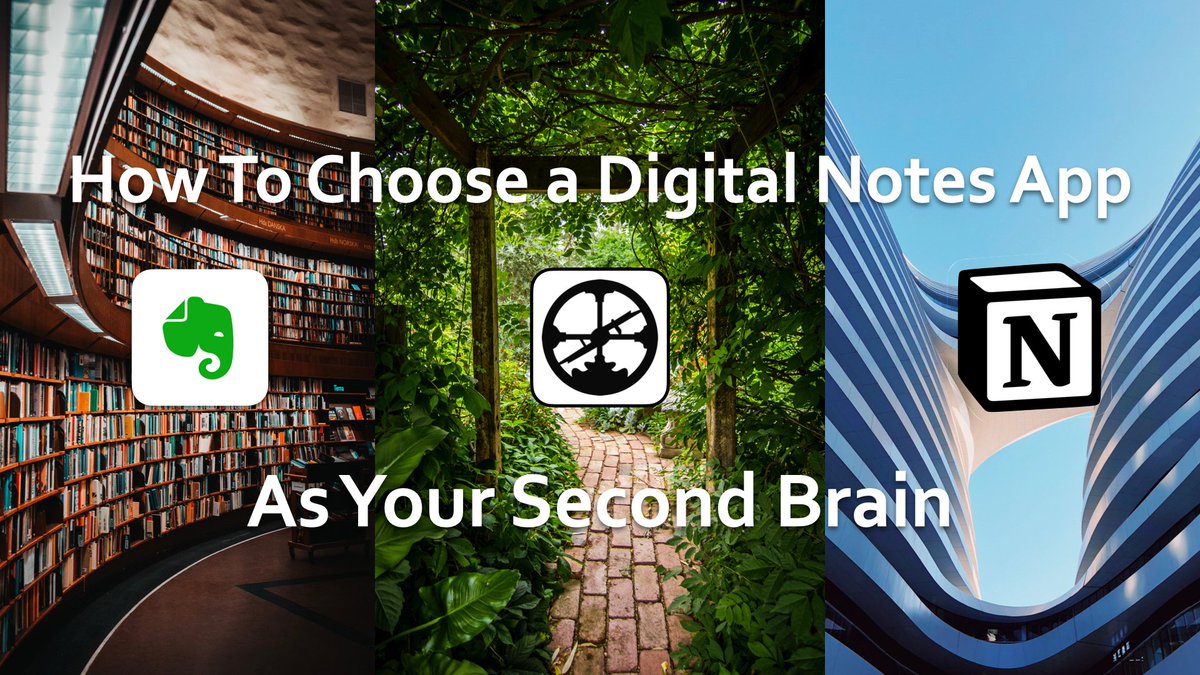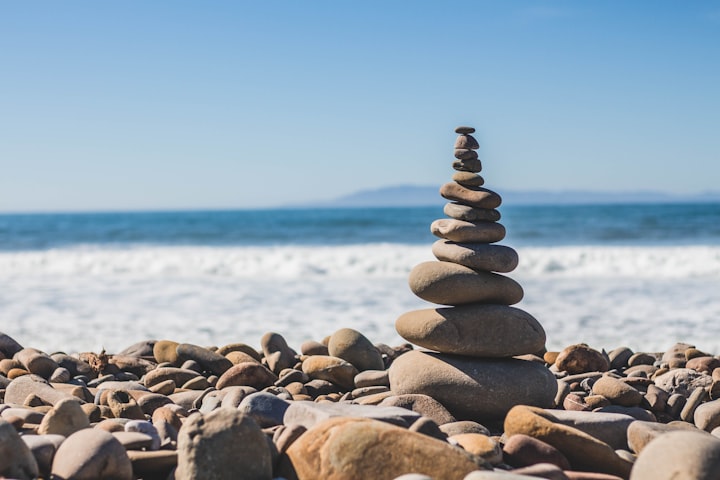How I'm using Evernote, Roam Research, and Notion.
How I'm using Evernote, Roam Research, and Notion. Thoughts on digital tools.

I intentionally titled this post and, because I realized when choosing between Evernote, Roam, and Notion it’s not an or decision. Like many other productivity practitioners, I am also on the constant lookout for the one tool to rule them all, one to build my Life OS in it. But there is no one tool, there are different tools for different things.
And my search terms were the same as yours — what’s better Evernote vs. Roam Research vs. Notion. But I like how Anne Laure framed it — Evernote for librarians, Roam Research for the gardeners, and Notion for the Architects.
Evernote
Evernote was my first real tool for note-taking and storing information. Around 2010 I realized that I can digitize my life by storing all the data in it. I purchased a Fujitsu scanner and started scanning all my paperwork — contracts, legal documents, everything. A premium Evernote subscription came with the scanner, and I’ve never looked back. Everything went through the scanner and into a PDF, which Evernote’s dwarfs indexed and made it searchable. Even the handwritten text. It became a habit that any document which entered my life went through that scanner. It used to be a weekly errand, and after a couple of years, the iPhone replaced the scanner, which made the whole process even smoother.
Nowadays, whenever a paper document crosses my path, I scan it, including any forms I’d sign anywhere, receipts, stubs, whatever. And whatever digital document I receive in an email, I make sure to forward it to Evernote’s email address. —Send by e-mail is another awesome feature of Evernote.
Evernote is also great for capturing handwritten notes with the iPad Pro and the Apple Pencil. The interface is nice, but it has one major flaw: it doesn’t auto-save. You have to make sure to click Done frequently, otherwise, you may lose whatever you’ve written from the last save, in case iPad’s screen locks. It’s stupid, and a big resentment towards Evernote.
On the other hand, Evernote will index everything you throw into it — including my terrible handwriting — and make it searchable. This is its killer feature than no other tool has mastered yet. Not on this level. So while Anne-Laure refers to Evernote as a tool for librarians, I call it my digital dumpster and just keep throwing stuff in there.
Roam Research
If Evernote is for storing, Roam Research is for thinking. With its bi-directional links and a simple interface, it’s just made for writing. I tried pasting images and data and YouTube videos in it, but I find that insulting for the tool. You have to start using it to realize why it gained cult-like following.
I jumped on the Roaman wagon back in the beta days, so I do have my forever-free account. And I keep filling it. The beauty of Roam is that you don’t need to organize anything. The system builds itself as you write and add to the tool. And I love how I get greeted by an empty Daily Notes screen every day.
I’ve been using Roam Research to plan my days (kanban combined with To–Dos!), type meeting notes, organize my book notes, but mostly for my [[Thoughts on]] writing. I’d start a random topic that’s on my mind, and I’ll add a Word Counter to it, then start the built-in Pomodoro timer. I open that on a full page, and I type away.
But if you try comparing Roam Research to Evernote, you don’t understand its beauty. Evernote can’t do what Roam can do, and vice-versa. Also, for some reason, Roam feels pretty unreliable to me. It gives me an impression of something that is just going to lose all my data one day. So I do export all my notes every week (or after any longer-form writing). I simply download everything onto my Google Drive.
Notion
I came across Notion after trying to find an alternative for the Evernote. But I didn’t like the new tool, so I never made the switch. Now I realize my mistake — Notion isn’t a replacement for Evernote. It’s not a digital dumpster (or a library, if you prefer), it’s a tool to build other tools. I don’t have any plans to store all my digital data in it, just like I’m not trying to build a content planner in Evernote.
The beauty of Notion is that it’s like a box of Legos — it offers endless possibilities, but you need to build stuff yourself. That can be intimidating at first, but they do offer plenty of nice templates to get you started. That’s how I went along. Then you watch their intro videos, and you play with things. Break stuff. Make mistakes. I built myself a whole page that serves as my lab. In it, I’ll play with copies of my databases and tools to figure out how to best build what serves me.
Nowadays I’m keeping everything related to this blog in it — it’s my idea box, content planner, task list, connected to the OKRs, and my research lab. I’ll even draft most of the posts in it, although I don’t find it most suitable for that. Plus, the blocks in Notion limit the functionality of Grammarly.
Use cases.
So these are my recommendations — use Evernote to store all your documents and digital data, including handwritten notes. Use Roam Research for taking notes and as a thinking tool — and export your writing to Evernote for safe-keeping and long-term archival. Use Notion to build your systems, which help keep you productive and on track.
Evernote is my digital dumpster, Roam Research is the thinking tool, and Notion is the app-builder to support execution.
van der B, 2020
Alternatives.
Surely, I tried out all kinds of alternatives. Microsoft OneNote, Bear app, Ulysses, … but none of them stuck. OneNote is quite unreliable, not good at searching, and I lost some handwritten notes. It does integrate well with other Microsoft apps, but Evernote can do the same.
Bear is a beautiful Mac- and iOs-only writing app, and I instantly fell in love with its simplicity and elegance. But I also had some syncing issues, and I wasn’t ready to commit my digital data to it. Evernote won me back.
Apple Notes is the one tool I keep coming back to, and the only reason is that it’s so well integrated with the iPad. It’s the only app that will instantly pop up when touching the iPad’s locked screen with the Apple Pencil. And it autosaves. But it’s still clunkier than Evernote, and I don’t see it as a replacement. So I do use it for taking occasional handwritten notes, but I export them to Evernote afterward.
In summary, I think I’ve found my perfect toolkit. It’s not one tool for everything, it’s separate tools for separate use cases. Writing, note-taking, and personal knowledge management systems are different activities where one tool doesn’t serve all purposes, just like we use e-mail, Slack, or text for different things.
I believe that the most important is the writing and thinking that’s done in our heads, not in the tools. Make sure to back up your data and keep it safe. On your computer, on the external drives, and across different clouds. Anybody can go down.






Comments ()